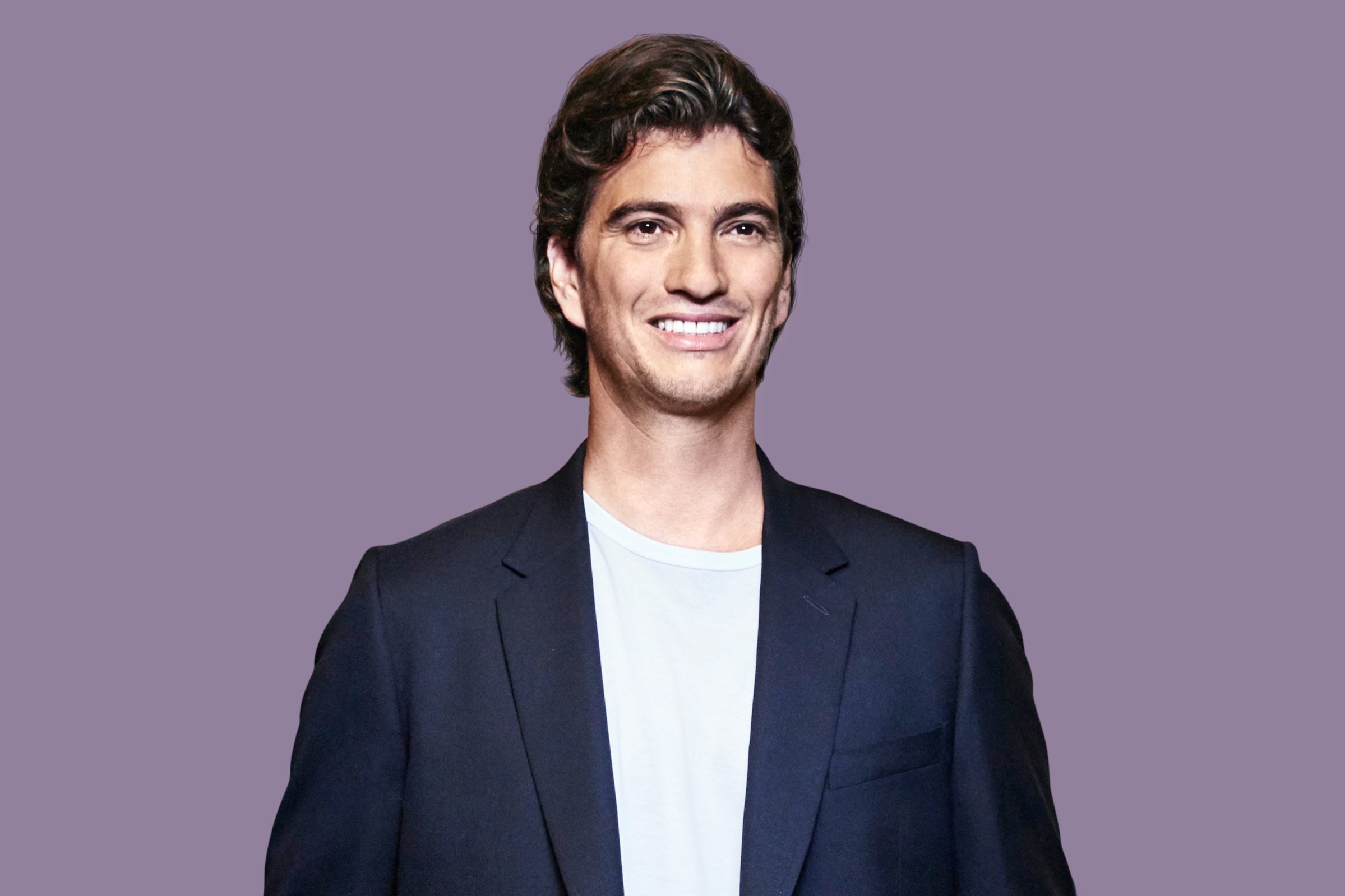
Adam Neumann enrolled in Baruch College in New York City in 2002 and dropped out with just four credits to complete. After a few false starts, the serial entrepreneur launched WeWork, the shared-office-space company of which he’s CEO, which now has 200 locations in 64 cities. WeWork, which is valued at $20 billion, has varied interests: the company includes ventures in co-living and elementary education, has acquired the social platform Meetup and owns a large stake in the wave-pool company Wavegarden. But the ambition to revolutionize the workplace remains Neumann’s focus. In 2018, WeWork will open in Tokyo, Lima, Madrid, Barcelona and Dublin, expanding its impact on the global labor force. Neumann spoke to TIME about the future of work.
WeWork seems to be doing a lot of different things.
WeWork is working to create a world where people make a life and not just a living. Thirty years ago there was a certain expectation of what a young adult would do when they went to college and graduated. Today everything has opened up. We’re observing a large generation of amazing individuals being interested in intention and meaning more than material goods. And their workplaces are based on mission and fulfillment–not only salary.
Is work-life balance a thing of the past?
That’s a confusing term. Life is about being present. Sometimes your home will demand more attention, and you should be there. Sometimes your work is more demanding. But the beautiful thing when you create your life’s work is that it always feels like you’re on a mission. If more people follow their superpowers–and everyone has one–then we’re going to be better as a society.
What did the workplace look like when you launched Green Desk, the first iteration of WeWork, in 2008?
The world was crashing. The younger generation said, “Wait. If companies can go bankrupt, why am I going to college and into debt to work a job I don’t love for a company I don’t believe in?” You see the beginning of a movement that not only allows WeWork to become a reality but also is starting to shift the way people work.
And now?
Now the topic of culture is around every boardroom and executive table. CEOs and leaders are starting to understand that the culture will establish the type of talent they attract and the duration for which that talent will choose to stay. Talent has more choices than ever–with hiring it’s not about being the highest payer anymore, because there’s always someone willing to pay a little more. To retain talent, you really have to give people a reason to stay. The power has shifted.
How will workplaces need to change next?
Companies need to and will become more mission-driven. [Consumers] are going to choose where we spend our money, and we choose experiences and meaning more than just material things. If I buy from you, I’m supporting you–and I have to be very thoughtful about how I spend my resources in an expensive world. Companies will be pushed to have more corporate responsibility.
You graduated college this year, more than a decade late. Is getting a college degree important?
Finishing what you started is important. My grandmother paid for it, and it was important to her that I finish. This year I did my last class, and I got to graduate and give the [commencement] speech both in the same hour. People need to study–we’re students for life. But do I think the traditional way works? No way. Most people finishing college at 22 aren’t even trained for a profession. What have they done the past four years?
What’s the plan for the wave pools?
I’m going to answer you partially. Ours is a larger vision of campuses, cities, neighborhoods. Bringing people together is an art. What’s amazing about surfing is you have to be present, otherwise you fall off the wave. In a world where we’re so connected to our phones, social media and content, it’s getting harder and harder to be present. Expect to see Wavegarden showing up at some of the largest companies on this earth.
More Must-Reads from TIME
- Cybersecurity Experts Are Sounding the Alarm on DOGE
- Meet the 2025 Women of the Year
- The Harsh Truth About Disability Inclusion
- Why Do More Young Adults Have Cancer?
- Colman Domingo Leads With Radical Love
- How to Get Better at Doing Things Alone
- Michelle Zauner Stares Down the Darkness
Write to Lucy Feldman at lucy.feldman@time.com